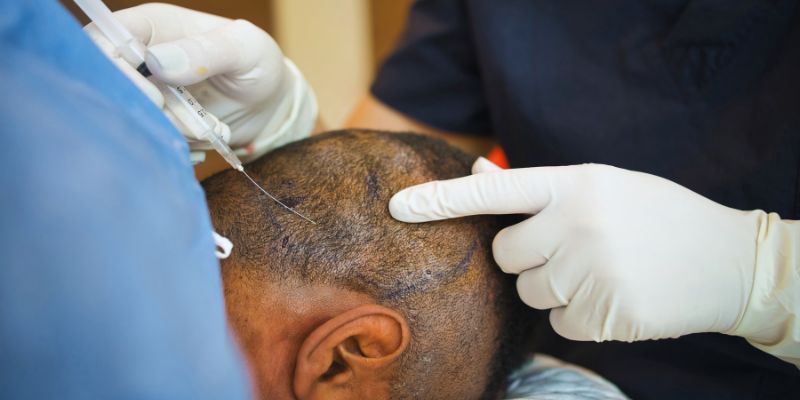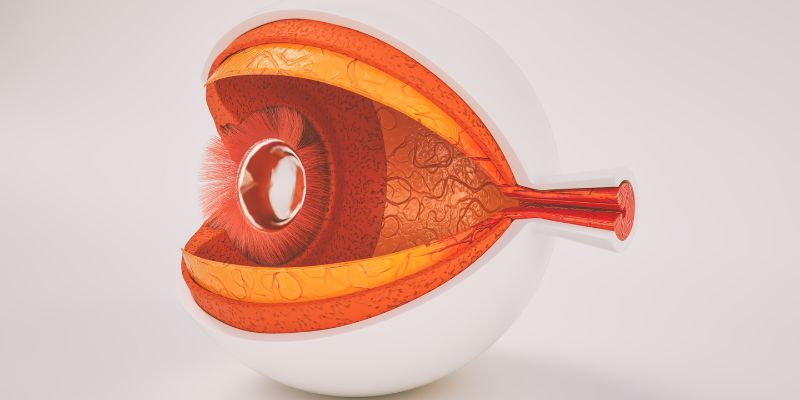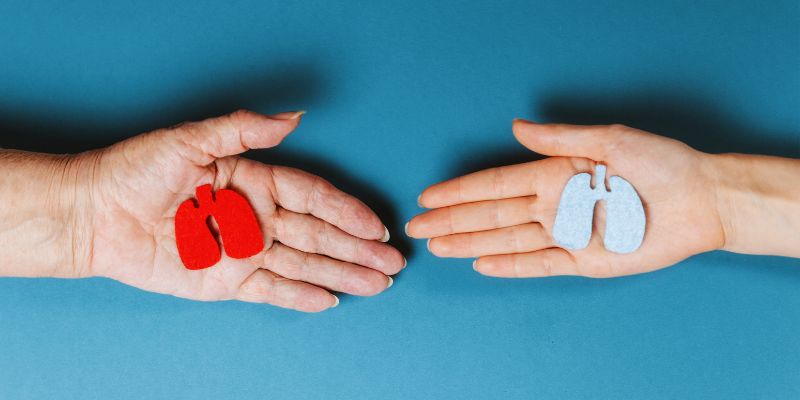What Steps To Take If Your Oral Diabetes Medication Stops Working: A Guide
Your body changes with each passing day, and so do its needs. It is quite normal that your oral medication stops working after years of use. It can be due to insulin resistance, lifestyle changes, or a long duration of the disease. If you are going through the same, what's the solution?
If so, then we are here to suggest some of the most useful and reliable steps that you can take to manage your diabetes. For example, you can take alternative drugs like glucagon-like peptides, switch to insulin injections, or surgery as the last option. But remember that before taking any of these steps, you must consult a healthcare professional first. In addition, you can also find here helpful strategies you can follow when your medicines stop working.
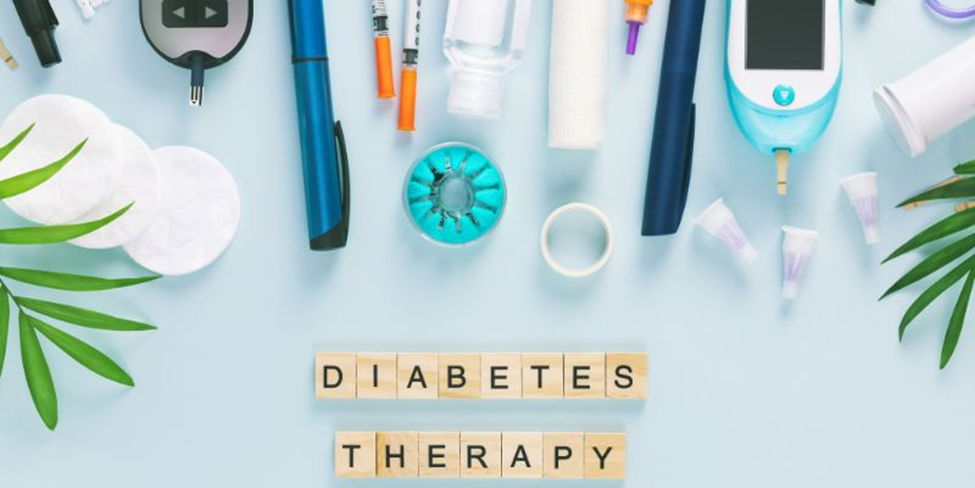
Why Diabetes Medication Stops Working?
If you wonder why your diabetes medication is not as effective as before, there could be multiple reasons behind that. For instance, it can be due to insulin resistance, duration of the disease, unfollowed treatment plan, etc. Lets discuss it here in detail:
- Insulin Resistance: Insulin resistance is one of the most important reasons that your diabetes medicine is useless. Your body cells become resistant to insulin, or your body is not producing insufficient insulin. Changes in your diet, activity, age, and weight gain can cause insulin resistance, which raises blood sugar levels. Avoid excessive carbohydrates and spare some time for physical activities to combat this.
- Duration of the Disease: Another factor that affects the effectiveness of medication is the duration of diabetes. The longer you have the disease, the more your pancreas malfunctions, slowing down its function of making insulin. Thats why you need to change your medication over time.
- Not Following the Treatment Plan: If you do not take your medication properly according to the doctor's advice, it will not do you any good. For example, if you miss the doses often, you will not observe positive changes in your blood sugar levels. This can also happen if you do not inject the insulin properly or take expired pills.
- Signs When Your Medicine Dont Work: How would you know the medicine has stopped working? You need to know on time so you can take steps to make it better. The symptoms you might experience include increased hunger and thirst, excessive urination, and fatigue.
Steps To Take If Diabetes Medication Stops Working
People with diabetes should not think that only medication can help them get better. Medicine alone is not enough to control your diabetes and sugar levels. You watch your lifestyle habits, including diet, exercise, and more. Here are some steps to take if your diabetes medication is not working anymore.
Look at Your Habits
If your oral diabetes medication stops working, you should examine your daily habits. Your body can stop responding to medication due to various factors, including weight gain, dietary changes, changes in physical activities, or other sicknesses. To keep blood sugar levels under control, you should change your dietary habits and exercise more every day. Moreover, try incorporating healthier food into your diet, drink more water, and get enough sleep. Here are some more useful tips for you:
- Eat more fiber.
- Avoid sweetened drinks and foods.
- Manage your food portions.
- Track your progress.
Try Alternative Drugs
If changing your habits also doesnt work, you must see a doctor. He might prescribe you some alternative medicine that works well for you. For example, Metformin is usually the first-choice drug for type 2 diabetes. If it stops working, then here are some other options:
- Sulfonylureas, glipizide, and glimepiride stimulate insulin production through the pancreas.
- Glucagon-like peptide receptors cause the production of more insulin. They also reduce the release of glucagon. Exenatide, Dulaglutide, and Liraglutide are some examples of GLPs. Dipeptidyl peptidase inhibitors work in the same way.
- Sodium-glucose cotransporter-2 inhibitors that inhibit your kidneys from absorbing more glucose and lowering the blood sugar levels. These medications include Canagliflozin, dapagliflozin, etc.
You can also take more than one drug for better results. But before doing that, ask your doctor for professional advice.
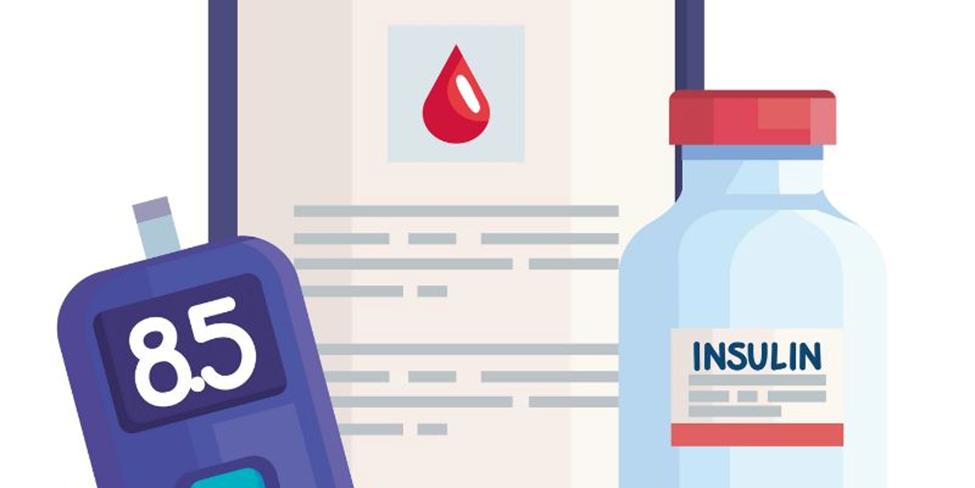
Take Insulin
If the usual medication can help you manage diabetes, your doctor will prescribe insulin. Insulin can be added to oral medicine or given as an injection. It is for patients who have had uncontrolled diabetes for at least 2-3 months. Such external sources of insulin are helpful for your pancreas and give them a break. They also help you manage your sugar levels better. Insulin is available in different forms depending on the peak time, lasting time, and work speed. Your doctor can tell you which type is best for you based on your condition and health status. The common types of insulins are as follows.
- Long-acting insulin acts on your bloodstream after several hours of injection. It works best for people with type 2 diabetes.
- Intermediate-acting insulin also acts after a few hours of injection but remains active for 12-18 hours only.
- Short-acting Insulin reaches your bloodstream within half an hour. It remains there for about 2-4 hours.
- Rapid-acting insulin acts immediately after injection and works only for 2-4 hours.
Surgery
If changing medication, lifestyle habits, and insulin don't prove fruitful, then surgery is the right option. Bariatric surgery helps with diabetes, obesity, and other associated conditions as well. People who have had this surgery have shown improvement even within a few days. Approximately 78% of patients get rid of diabetes and dont need medication anymore after successful surgery.
Conclusion:
Do you have diabetes, and your oral medication is not helping you stay within reasonable ranges? Diabetes patients usually experience this due to insulin resistance, not following the treatment plan, and other reasons. In this case, you must change your diet, physical movements, and medicine or use insulin injections. But, before doing that, you must ask your doctor so he can advise you what suits you the best.







